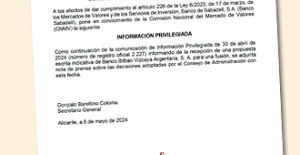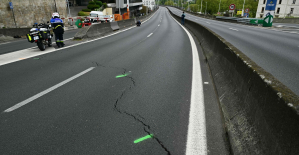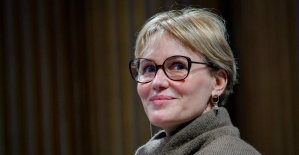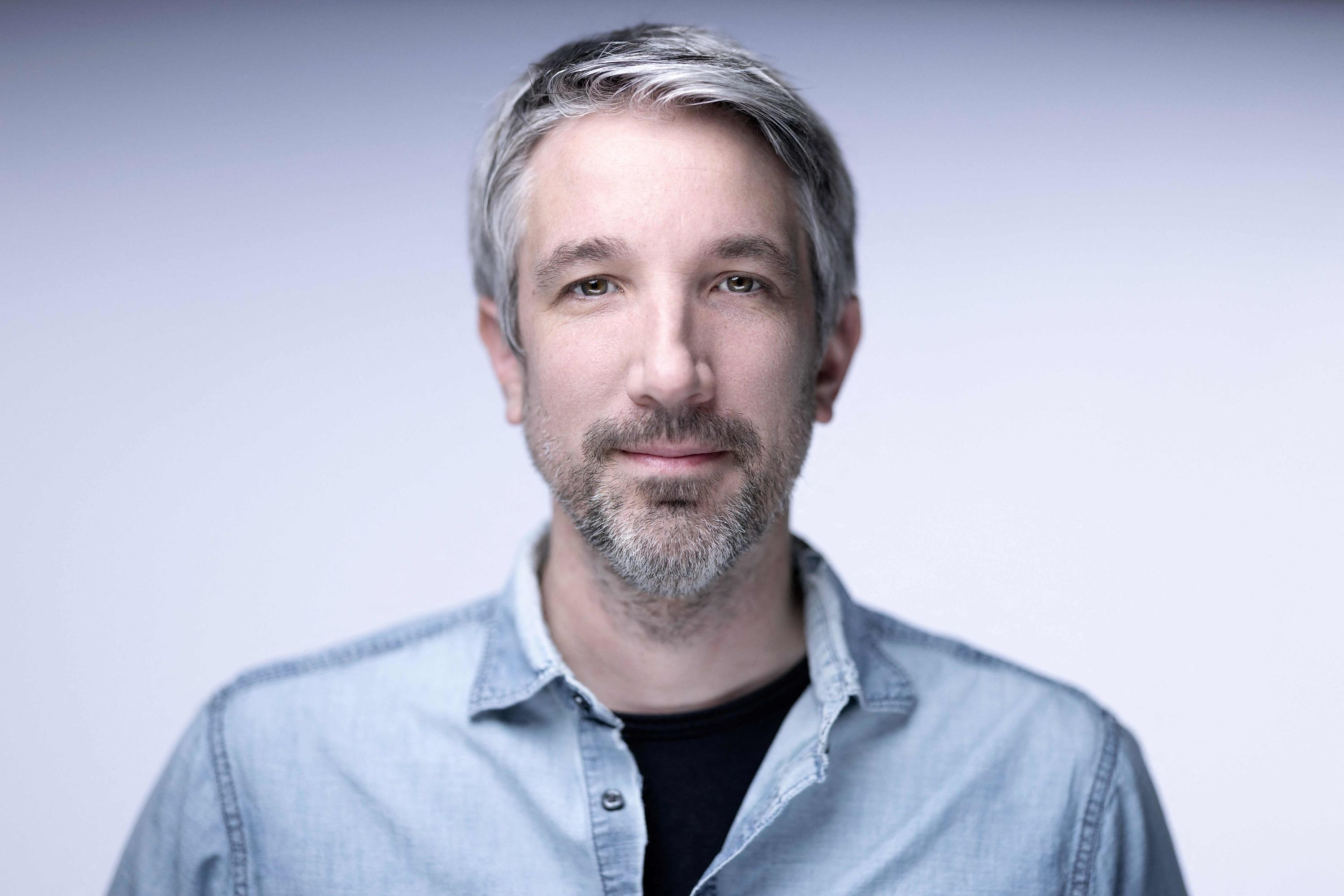The electrical trade is currently looking at fantastic economic figures. Alone: The offspring is not in sight. The electricity industry is heading for a dramatic personnel emergency. According to a study commissioned by the Greens, 450,000 additional skilled workers will be needed by 2030 just for the climate-neutral realignment of the major economic sectors.
Even conservative estimates by the Central Association of German Electrical and Information Technology Trades calculate a number of 160,000 skilled workers for the near future (90,000 currently). Even today, the new entrants are not even replacing the 50,000 skilled workers who leave each year due to age. In addition to the basic craft supply, digitization and the measures to achieve the climate protection goals are also faced with an implementation problem.
A rethink must begin with a principle of German education policy, which has been reduced over the years from "everyone should be able to study" to "everyone should study". The demand for equal opportunities turned into a desire for equal qualifications. But if everyone is studying, the state will no longer function. In addition, the trade is a wonderful career path - and not plan B. The new principle should be: "Everyone should be able to take up the profession that suits them."
The study dogma has also led to developments at school that need to be corrected. Because that's where the strength of dual training begins. We have to fill school-leaving qualifications with quality again. After the fourth grade, pupils should again be recommended a type of school so that they can choose the path that suits their strengths.
It must be possible to remain seated anywhere. Nothing demotivates students more than being dragged along for years. It should also be investigated whether there is a connection between the type of school and the high dropout rate. A discussion about teaching with too great a difference in level in a class also seems unavoidable to us.
In order to steer the forces of our country back to where they are needed, improved career orientation is essential. The basis could be diagrams that depict the greatest job needs in our society in a memorable way. Career information tours through the schools would also involve parents – as an important influencing group when young people choose a career. Who knows what an electrical engineer really does these days?
The advantages of the craft should be clearly stated: In addition to excellent career opportunities, there is the corporate community. The best way to experience this is through internships. "Trial days" should be an integral part of every school year from elementary school onwards.
However, one thing is also clear: even if we make optimal use of the strengths of this country, we will not be able to do it without skilled workers from abroad. The Employment Agency has an employer service that companies can extend to third countries. In 2021, 3,200 skilled workers from abroad were placed in this way, although this number also includes applicants from the EU. With 1230 people, almost half were nurses. Even taking into account the difficult pandemic conditions, these numbers do not give much hope that the immense shortage of skilled workers could be covered with this service alone.
A points system based on Canada's model – as is currently being discussed by the FDP – is a good idea. But unlike Canada, which awards its points for academic jobs, the German system might value the jobs actually needed higher. High scores could also bring in sponsorships, which are easy to imagine in handicrafts.
For demographic reasons, many countries will make international efforts to recruit skilled workers in the coming years. With German, a difficult language to learn, we could fall behind compared to English-speaking countries. It must therefore begin with the training. International vocational schools for the electrical trade, school grounds with a cosmopolitan flair, accompanying sponsorships and visitor visas for the parents would be conceivable. The German trade is also well suited for the recruitment of trainees on the international stage because it enjoys an excellent reputation worldwide.
It is time for quickly implementable, also unconventional solutions, which should be supported in a non-partisan way in the interest of our country.
Lothar Hellmann is President of the Central Association of German Electrical and Information Technology Trades. Heiko Henke is the general manager of the Oldenburg Chamber of Crafts. Dieter Meyer is foreman of the Oldenburg electronics guild. Thorsten Janßen is Director of the Federal Technology Center for Electrical Engineering and Information Technology. Karsten Krügener is the state guild master of the LIV Lower Saxony Bremen.

 Sabadell rejects the merger with BBVA and will fight to remain alone
Sabadell rejects the merger with BBVA and will fight to remain alone In Germany, the far left wants to cap the price of “doner kebabs”
In Germany, the far left wants to cap the price of “doner kebabs” Israel-Hamas war: Gaza between hope of truce and fear of Israeli offensive in the South
Israel-Hamas war: Gaza between hope of truce and fear of Israeli offensive in the South “Mom, Dad, please don’t die”: in the United States, a nine-year-old child saves the lives of his parents injured in a tornado
“Mom, Dad, please don’t die”: in the United States, a nine-year-old child saves the lives of his parents injured in a tornado The presence of blood in the urine, a warning sign of bladder cancer
The presence of blood in the urine, a warning sign of bladder cancer A baby whose mother smoked during pregnancy will age more quickly
A baby whose mother smoked during pregnancy will age more quickly The euro zone economy grows in April at its best pace in almost a year but inflationary pressure increases
The euro zone economy grows in April at its best pace in almost a year but inflationary pressure increases Children born thanks to PMA do not have more cancers than others
Children born thanks to PMA do not have more cancers than others “House of the Dragon”, “Succession”… Max, the new streaming platform from HBO and Discovery, launched in France on June 11
“House of the Dragon”, “Succession”… Max, the new streaming platform from HBO and Discovery, launched in France on June 11 The A13 motorway will finally reopen this Friday, in one direction only
The A13 motorway will finally reopen this Friday, in one direction only TNT commission of inquiry: tensions between LFI deputies and Macronists before the vote on the report
TNT commission of inquiry: tensions between LFI deputies and Macronists before the vote on the report Apple unveils a new, more efficient iPad range
Apple unveils a new, more efficient iPad range The Gaza War invites itself to the 2024 Pulitzer Prizes
The Gaza War invites itself to the 2024 Pulitzer Prizes Judith Godrèche presents a short film on sexual violence in Cannes
Judith Godrèche presents a short film on sexual violence in Cannes Kevin Spacey: new trial in sight in London for the American actor, for sexual assault
Kevin Spacey: new trial in sight in London for the American actor, for sexual assault Taylor Swift fans make London pub Black Dog their new place of pilgrimage
Taylor Swift fans make London pub Black Dog their new place of pilgrimage Omoda 7, another Chinese car that could be manufactured in Spain
Omoda 7, another Chinese car that could be manufactured in Spain BYD chooses CA Auto Bank as financial partner in Spain
BYD chooses CA Auto Bank as financial partner in Spain Tesla and Baidu sign key agreement to boost development of autonomous driving
Tesla and Baidu sign key agreement to boost development of autonomous driving Skoda Kodiaq 2024: a 'beast' plug-in hybrid SUV
Skoda Kodiaq 2024: a 'beast' plug-in hybrid SUV The home mortgage firm rises 3.8% in February and the average interest moderates to 3.33%
The home mortgage firm rises 3.8% in February and the average interest moderates to 3.33% This is how housing prices have changed in Spain in the last decade
This is how housing prices have changed in Spain in the last decade The home mortgage firm drops 10% in January and interest soars to 3.46%
The home mortgage firm drops 10% in January and interest soars to 3.46% The jewel of the Rocío de Nagüeles urbanization: a dream villa in Marbella
The jewel of the Rocío de Nagüeles urbanization: a dream villa in Marbella Institutions: senators want to restore the accumulation of mandates and put an end to the automatic presence of ex-presidents on the Constitutional Council
Institutions: senators want to restore the accumulation of mandates and put an end to the automatic presence of ex-presidents on the Constitutional Council Europeans: David Lisnard expresses his “essential and vital” support for François-Xavier Bellamy
Europeans: David Lisnard expresses his “essential and vital” support for François-Xavier Bellamy Facing Jordan Bardella, the popularity match turns to Gabriel Attal’s advantage
Facing Jordan Bardella, the popularity match turns to Gabriel Attal’s advantage Europeans: a senior official on the National Rally list
Europeans: a senior official on the National Rally list These French cities that will boycott the World Cup in Qatar
These French cities that will boycott the World Cup in Qatar “The future is for us”: “disappointed” and “proud” at the same time, Al-Khelaïfi sees the glass half full after the elimination of PSG
“The future is for us”: “disappointed” and “proud” at the same time, Al-Khelaïfi sees the glass half full after the elimination of PSG PSG: “Since January, these have not been my best matches,” agrees Zaire-Emery, who promises to “come back stronger”
PSG: “Since January, these have not been my best matches,” agrees Zaire-Emery, who promises to “come back stronger” “What is this question, honestly?” : Nasser Al-Khelaïfi (very) annoyed after PSG-Dortmund
“What is this question, honestly?” : Nasser Al-Khelaïfi (very) annoyed after PSG-Dortmund “I am the guy who has to score the goals”: Mbappé does not hide and assumes responsibility after PSG’s exit
“I am the guy who has to score the goals”: Mbappé does not hide and assumes responsibility after PSG’s exit


















